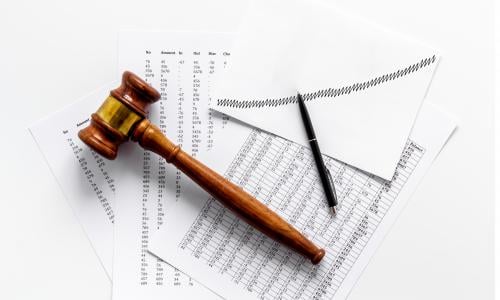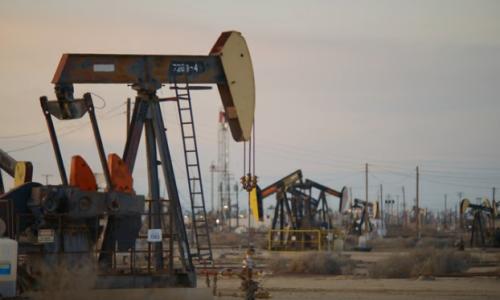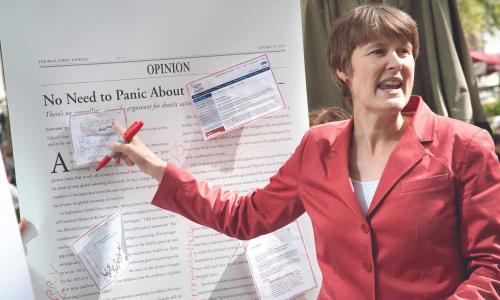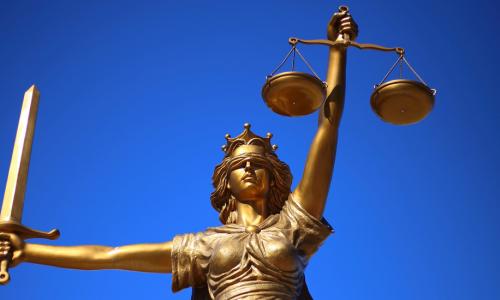Table of Contents
The Union of Concerned Scientists collaborates with partners to connect scientific experts, legal scholars, and practitioners through the UCS Science Hub for Climate Litigation. We are building a community of scientists to help us meet the great demand for scientific expertise to support climate litigation around the world.
What is the Science Hub for Climate Litigation
Scientists have a critical role to play in climate litigation.
As experts, we can conduct robust and timely litigation-relevant scientific research, help inform courts via amicus briefs and legal interventions, and consult on cases or appear in court as expert witnesses.
The UCS Science Hub for Climate Litigation's goal is to build greater capacity for experts like you to participate in any of these processes. We work to connect scientists and legal experts advancing climate litigation. We create legally relevant scientific research, provide legal teams with research, and introduce them to experts. We make science accessible to communities affected by climate change so they can hold bad actors accountable.
We are building a community of scientists who can meet the growing demand for scientific expertise to support climate litigation around the world.
Learn more
- Sign up for our bimonthly newsletter.
- Watch these short videos about climate lawsuits, corporate accountability, and attribution science.
- Share information about the UCS Science Hub for Climate Litigation.
- Connect with our staff to learn more.
- Get involved.
How does science inform climate litigation?
Climate lawsuits can help communities affected by climate change hold bad actors accountable, repair and recover from damages, and limit future climate harms. There has been a sharp rise in groundbreaking lawsuits, including cases against the fossil fuel industry over climate-related fraud or damages. over the past decade from communities across the US and its territories.
Climate litigation has a stronger chance to succeed when cases are informed by robust, up-to-date, and relevant science across a range of disciplines.
Plaintiffs have cited scientific research—including UCS-led publications—to build their cases, and relied on scientists as expert witnesses and advisors in dozens of cases.
Science can provide evidence in many areas such as human rights violations, consumer fraud, and misalignment of actions to legal commitments. Lawsuits against the opioid, lead, and tobacco industries provide examples of the role of scientific research in proving harm that has resulted from corporate actions and misconduct.
Learn more
- Read “The Science Connecting Extreme Weather to Climate Change”
- Read “The Human Right to a Stable Climate”
- Read “Research Gaps in Climate Litigation”
- Read UCS blogs about climate litigation or receive them directly in your inbox via our bimonthly newsletter.
Case studies
Science-informed litigation can help those affected by climate change to hold polluters accountable for their damage and disinformation, and to build resilience against future climate impacts. Litigation-relevant research comes from a broad range of disciplines across physical and social sciences, and includes Indigenous Knowledge and the lived experience of communities.
UCS works with legal teams, scholars, and partners to identify research needs for climate litigation across scientific disciplines. Different fields of expertise can inform climate litigation.
Source attribution science can play a critical role in lawsuits to hold polluters accountable and quantify the impacts their emissions have on vulnerable communities.
- The Growing Impact of Attribution Science
- How Carbon Majors dataset can be used to hold polluters accountable
- How international courts can drive climate action
Indigenous Knowledge comprises deep understanding of places and their environments developed and passed on through generations. It can often inform the assessment of the cultural impact of climate damages. Indigenous Knowledge can be as valuable as Western science in providing evidence to decision-makers.
- A Call for Climate Justice at the InterAmerican Court of Human Rights
- The role of Indigenous and Traditional Knowledge holders in climate policy
Social sciences provide a range of evidence used in many lawsuits that allege consumer fraud through disinformation and greenwashing, knowingly selling products that put communities in harm's way and lying to consumers. Economic modeling can help quantify the costs of climate impacts, delay, and remedies.
- The Disinformation Playbook
- 6 things you need to know about communities suing the fossil fuel industry
- New evidence of ExxonMobil’s deception
Get involved
Join us
The UCS Science Hub for Climate Litigation is hosting working groups for experts to grow and apply their skills to climate litigation, facilitated by UCS staff and guided by community partner needs. Contact the ScienceHub directly to get connected.
More resources
-
Explore the UCS Research on the Record toolkit for ways scientists can use research and communication to protect themselves from powerful interests.
-
View recordings from our previous webinar series.
-
Read examples of UCS scientific contributions to climate litigation.
- 2018 amicus curae brief on sea-level rise that demonstrates the structure and content of applying climate science for litigation for the city of Baltimore, Maryland.
- 2023 amicus curae brief on human rights and the climate emergency to the Inter-American Court of Human Rights (IACHR).
- 2023 amicus curae brief on climate deception, filed in Washington, DC.
-
Partner resources
- InfluenceMap hosts the Carbon Majors database with historical production data of the world's largest carbon polluters (oil, gas, coal, and cement producers) that is critical for source attribution research.
- The Grantham Research Institute at the London School of Economics (LSE) compiles tracking from partners such as the Sabin Center, Interamerican Association for Environmental Defense (AIDA), and others in their annual Global Snapshot of Climate Litigation.
Sign up for our bimonthly newsletter for updates on events and news, or email the ScienceHub to learn more.








